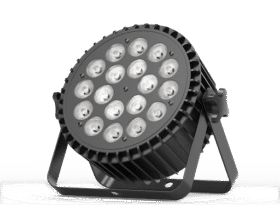Biometric technology has been rapidly advancing due to its undeniable ability to secure and provide accurate identity verification. One of the most fundamental features of biometrics is fingerprint recognition, which is a distinctive identifier utilized by many biometric-based devices. However, the efficacy and dependability of these systems depend not only on the acquisition of fingerprints but also on the assessment of proprietary fingerprint templates. This assessment process is crucial for biometric technology vendors, as it shapes the performance, security, and reliability of their solutions.
What is Proprietary Fingerprint Template Evaluation?
NIST is a leading authority in assessing biometric technologies. As part of their evaluation process, they conduct a series of fingerprint-matching technology evaluations called The Proprietary Fingerprint Template (PFT). The main goal of these evaluations is to measure the accuracy and fingerprint one-to-one matching technology accuracy of proprietary templates. This is done using unified datasets and rulesets. The latest evaluations are based on biometric data provided by NIST, and are conducted in their testing environment according to their protocols.
Why is performance optimization important?
Vendors providing their customers with biometric technology solutions need to prioritize the efficacy of their fingerprint templates to ensure the performance of their systems. A vendor who uses PFT III evaluation has the opportunity to detect and identify weaknesses and inaccuracies when the template generation algorithms are concerned. Only optimized template quality and accuracy provide users with high speed and accuracy of fingerprint matching. Consequently, the technology used by the given vendor can be reviewed as reliable and user-friendly.
Compliance and security
Apart from performance optimization, it is equally important to ensure security and compliance with the industry standards and certification. The use of fake fingerprints or presentation attacks may endanger the security of their biometric system continuing sensitive data. If the system is prone to identity fraud, it may lead to serious consequences such as financial loss and unauthorized access to data.
Furthermore, proprietary fingerprint template evaluation is often a prerequisite for compliance with industry standards and certification requirements.











Leave a Reply